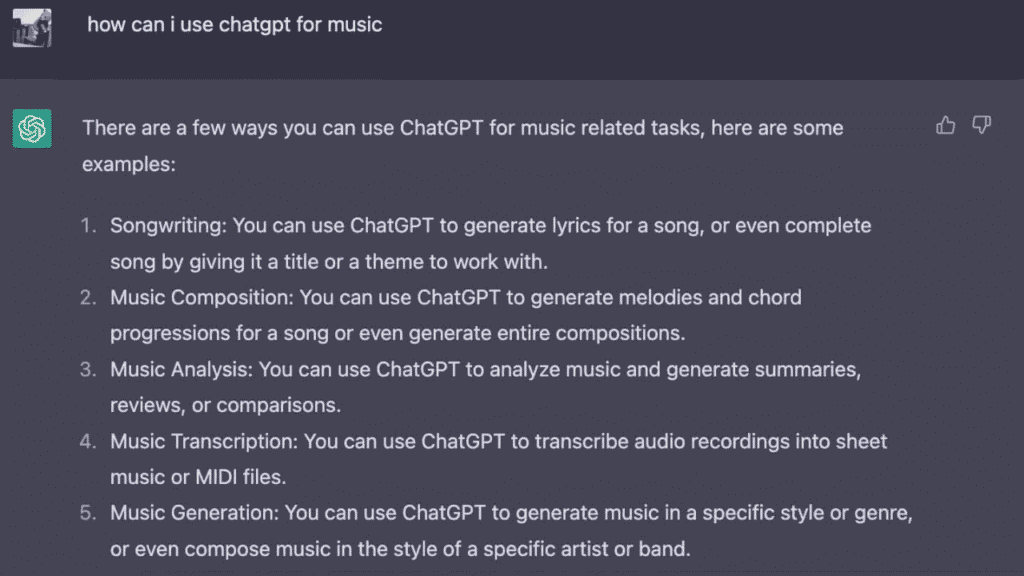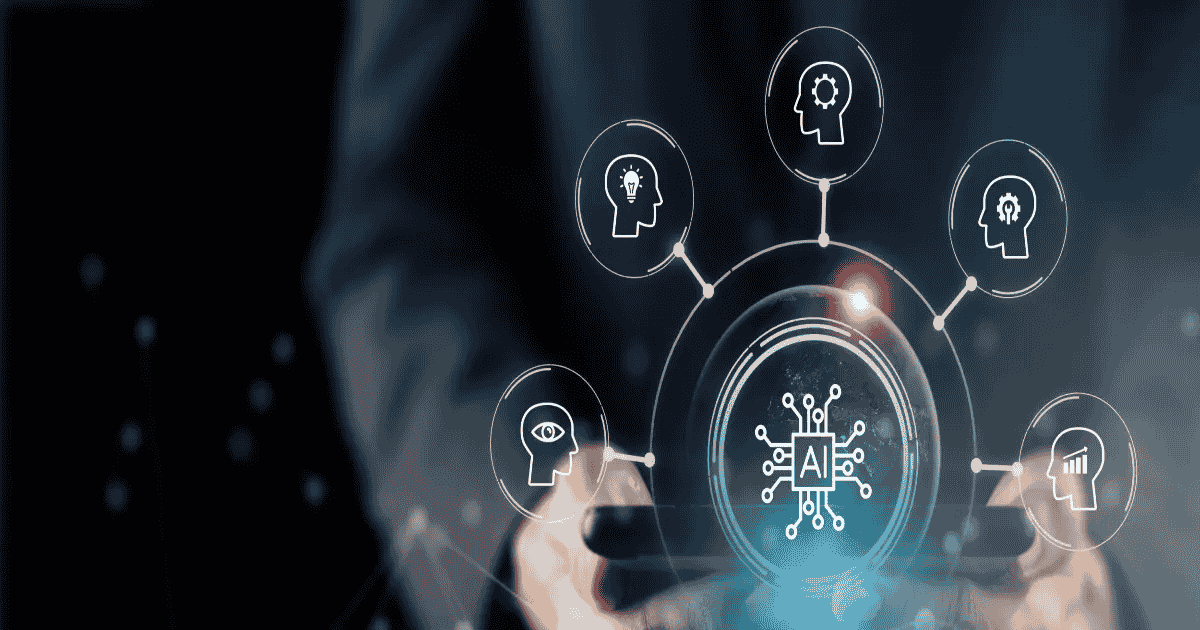Introduction
The creative industry is asking a fascinating question right now — can ChatGPT create music?
As artificial intelligence continues to push boundaries in writing, coding, and art, its newest frontier is music. Artists and producers are now experimenting with tools like ChatGPT for music to craft lyrics, melodies, and even structure full songs.
While the idea that ChatGPT can create music might sound futuristic, it’s quickly becoming part of modern studios and songwriting sessions worldwide. Let’s dive into how this is happening — and what it means for musicians everywhere.
How AI Is Blending into the Music World
The concept of machines composing music isn’t entirely new. Platforms like AIVA and Amper Music have been doing it for years. But when we ask “can ChatGPT create music?”, we’re looking at something more emotional — AI that writes, thinks, and responds like a human collaborator.
ChatGPT’s ability to understand rhythm, tone, and emotion allows it to write lyrics that fit any mood. This makes ChatGPT for music not just a songwriting assistant, but a creative partner that can keep up with human imagination.
Many artists use it as a brainstorming companion, saying that ChatGPT “never runs out of ideas” when they’re stuck — a major reason why more musicians are exploring how ChatGPT can create music alongside them.
How ChatGPT Actually Creates Music
1. Writing Through Text, Not Sound
If you’re wondering how can ChatGPT create music, the first step is understanding that it works in text form. It doesn’t generate sound directly — instead, it writes lyrics, suggests melodies, and builds chord progressions that musicians can later transform into audio.
For example, ChatGPT might write:
“Verse in the key of G major, tempo 120 BPM, with lyrics about hope and sunrise.”
This becomes the blueprint for a song. From there, artists can use tools like Soundful, AIVA, or Suno AI to turn ChatGPT’s output into real music.
2. Collaboration with Music Generators
When people talk about a ChatGPT music generator, they’re referring to integrations between ChatGPT and other sound-based AIs. ChatGPT writes the structure, and platforms like Amper or Boomy render it into playable tracks.
This process, called text-to-music synthesis, is part of a broader AI trend. According to OpenAI research, models are now being trained to understand pitch, tone, and rhythm — bringing us closer to a world where ChatGPT can create music entirely on its own.
3. Creative Prompting
How well ChatGPT can create music depends on the user’s prompts. The more detailed you are, the better the results.
For instance:
“Write a jazz-style verse with a 4/4 rhythm and soulful tone about city life at night.”
ChatGPT responds with lyrics and structure that can be instantly translated into sound — proving that, in the right hands, ChatGPT can create music that feels human-made.

Real Artists Using ChatGPT for Music
Musicians everywhere are testing whether ChatGPT can create music that feels authentic.
A LiveMint report showcased songwriters using ChatGPT for inspiration when traditional creativity runs dry. Similarly, a user on OpenAI’s forum revealed how ChatGPT generated not only lyrics but also a simple MIDI sequence that became the foundation of an original track.
The takeaway? ChatGPT can create music when paired with the right creative tools — and it’s helping real artists compose faster and explore new genres.
ChatGPT’s Role in Modern Music Production
🎤 Lyric Creation
ChatGPT writes lyrics that fit genres, themes, or even specific artists’ styles. Whether it’s emotional pop, rap, or acoustic folk, ChatGPT can create music that starts with words.
🎧 Music Theory Support
Beginners often use ChatGPT for music to understand chord progressions and songwriting basics. It explains theory clearly while offering examples tailored to different moods.
🎼 Genre Blending
Want to mix jazz with EDM? ChatGPT can sketch lyrics and rhythm patterns that fuse both styles. This ability to experiment shows how ChatGPT can create music that goes beyond traditional boundaries.
🎹 Endless Inspiration
ChatGPT doesn’t experience creative fatigue. When you’re out of ideas, it can instantly suggest themes, hooks, and titles — showing again that ChatGPT can create music anytime, anywhere.
Can ChatGPT Create Music Entirely on Its Own?
Right now, ChatGPT can’t compose full songs with audio — but we’re not far from that reality. OpenAI is developing multimodal models that combine text, sound, and vision. Once that technology matures, ChatGPT will create music completely independently.
Imagine typing:
“Make a lo-fi instrumental with gentle guitar and rain ambience.”
and within seconds, hearing it play.
Forbes AI section recently noted that AI systems are learning emotional expression, tempo, and dynamics — all key ingredients of real music. With that evolution, it’s not far-fetched to say ChatGPT can create music that touches listeners on a deeply human level.
The Challenges Behind AI-Generated Music
As exciting as it sounds, the question “can ChatGPT create music responsibly?” raises new debates:
- Who owns a song generated by AI?
- Will AI compositions affect the value of human artistry?
- Can machines truly replicate emotion?
While the answers aren’t final, one thing is clear — AI is not replacing human creativity. Instead, ChatGPT can create music that inspires artists to explore new possibilities and push their boundaries.
Conclusion
So, can ChatGPT create music? Yes — in many ways, it already does.
By helping musicians write lyrics, design melodies, and collaborate with AI-powered generators, ChatGPT can create music that feels imaginative and emotionally rich.
It’s not yet a solo artist, but as AI advances, ChatGPT could soon become a composer capable of crafting entire soundtracks. For now, it remains one of the most exciting creative partners the digital world has ever seen.
FAQs
Q1: Can ChatGPT make music directly?
Not yet. It writes lyrics and musical patterns but relies on other AI tools to produce audio.
Q2: How can ChatGPT create music with other tools?
You can connect it to music generators like AIVA or Suno AI to turn written prompts into sound.
Q3: What is the ChatGPT music generator?
It’s a combination of ChatGPT’s writing and another platform’s sound synthesis — together, ChatGPT can create music that’s ready to play.
Q4: Can ChatGPT write in multiple genres?
Yes. It easily adapts to pop, jazz, EDM, rock, or any style you want.
Q5: Will ChatGPT replace musicians?
No. ChatGPT can create music ideas, but human creativity and performance are still irreplaceable.
Q6: What’s next for ChatGPT in music?
Future versions may generate full-length audio tracks directly — no external tools required.
Follow More Relevant News
For more on AI’s evolution, check out AI Agents in Healthcare Automation.
Also explore Best AI Tools for Small Business Marketing to see AI’s role in business growth.
Or read What Are AI Agents? to understand how intelligent systems make decisions.
More References
- According to OpenAI research
- As reported by Forbes AI section



